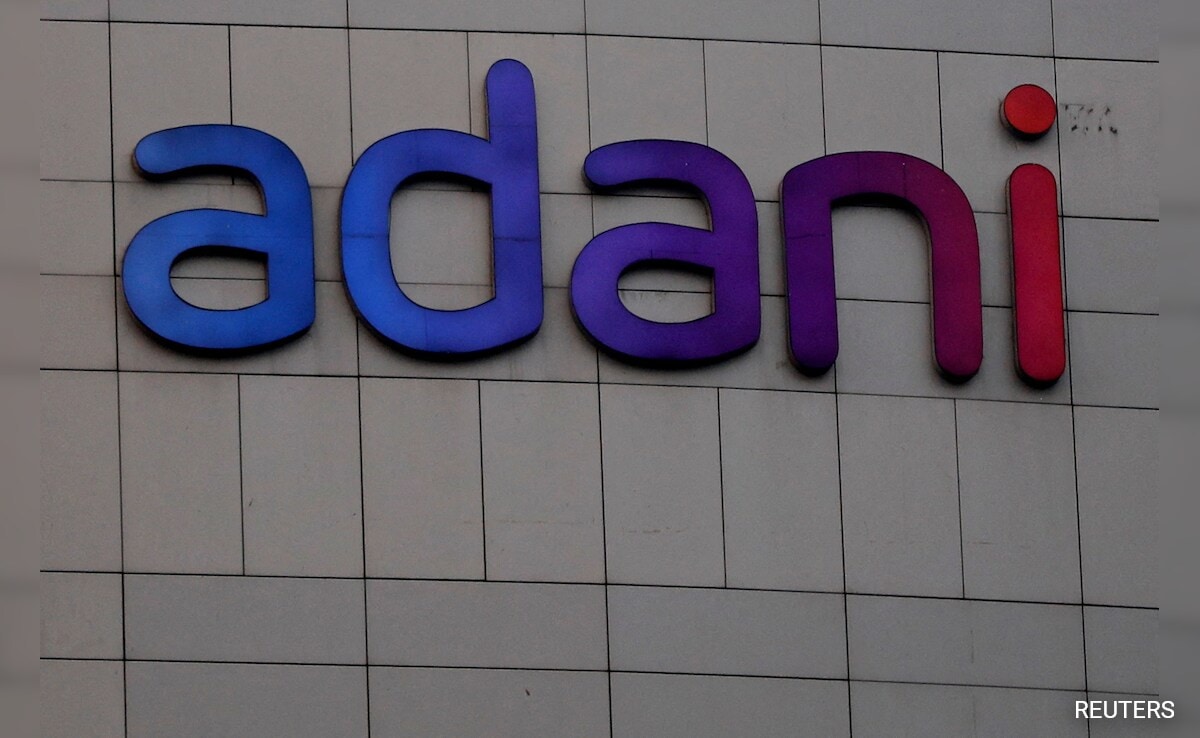
Stock market today: BSE Sensex and Nifty50, the Indian equity benchmark indices, gave up gains to close in red on Tuesday. The NSE Nifty 50 and the S&P BSE Sensex, experienced declines, deviating from the generally optimistic global market sentiment.
The Nifty 50 fell by 0.26% to close at 23,992.55, while the Sensex ended the day 0.21% lower at 78,593.07.This downward movement was attributed to profit-taking by investors, with analysts pointing to valuation concerns and global uncertainties as factors negatively impacting market sentiment.
Earlier in the day, the indices had shown promise, rising approximately 1.2% following a worldwide sell-off on Monday that erased around $250 billion from the market capitalization of Indian equities.
Avinash Gorakshakar, head of research at Profitmart Securities, told Reuters, “What happened in Indian equities on Monday was an over-reaction, but our markets were due for a correction and will remain subdued as investors await clarity on U.S. economy and rate cut trajectory.”
He further noted that no major segment in the Indian markets is currently trading at attractive valuations, which is also affecting buying interest.
The performance of Indian benchmarks stood in contrast to the largely positive sentiment observed in most Asian markets and the recovery of U.S. stock index futures.
The MSCI Asia ex-Japan index, for instance, rose by about 1%. Within the Indian market, high-weightage financial stocks fell by 1.07%, primarily due to a nearly 1% drop in HDFC Bank, a leading private lender. Analysts suggested that while heavyweight stocks like HDFC Bank offer capital protection, they are unlikely to generate high returns in the near future, prompting some investors to realize profits.
On the other hand, information technology companies, which derive a substantial portion of their revenue from the U.S., experienced a 0.49% gain, following a 3.26% drop on Monday. Textile manufacturers such as Welspun Living, Trident, Gokaldas Exports, and KPR Mill saw significant gains ranging from 2.9% to 15% amidst political unrest in Bangladesh. At least one analyst suggested that major brands may consider India as an alternative sourcing destination. The broader, more domestically focused small-cap and mid-cap indices also experienced declines of approximately 0.4% and 0.6%, respectively.
The Nifty 50 fell by 0.26% to close at 23,992.55, while the Sensex ended the day 0.21% lower at 78,593.07.This downward movement was attributed to profit-taking by investors, with analysts pointing to valuation concerns and global uncertainties as factors negatively impacting market sentiment.
Earlier in the day, the indices had shown promise, rising approximately 1.2% following a worldwide sell-off on Monday that erased around $250 billion from the market capitalization of Indian equities.
Avinash Gorakshakar, head of research at Profitmart Securities, told Reuters, “What happened in Indian equities on Monday was an over-reaction, but our markets were due for a correction and will remain subdued as investors await clarity on U.S. economy and rate cut trajectory.”
He further noted that no major segment in the Indian markets is currently trading at attractive valuations, which is also affecting buying interest.
The performance of Indian benchmarks stood in contrast to the largely positive sentiment observed in most Asian markets and the recovery of U.S. stock index futures.
The MSCI Asia ex-Japan index, for instance, rose by about 1%. Within the Indian market, high-weightage financial stocks fell by 1.07%, primarily due to a nearly 1% drop in HDFC Bank, a leading private lender. Analysts suggested that while heavyweight stocks like HDFC Bank offer capital protection, they are unlikely to generate high returns in the near future, prompting some investors to realize profits.
On the other hand, information technology companies, which derive a substantial portion of their revenue from the U.S., experienced a 0.49% gain, following a 3.26% drop on Monday. Textile manufacturers such as Welspun Living, Trident, Gokaldas Exports, and KPR Mill saw significant gains ranging from 2.9% to 15% amidst political unrest in Bangladesh. At least one analyst suggested that major brands may consider India as an alternative sourcing destination. The broader, more domestically focused small-cap and mid-cap indices also experienced declines of approximately 0.4% and 0.6%, respectively.









